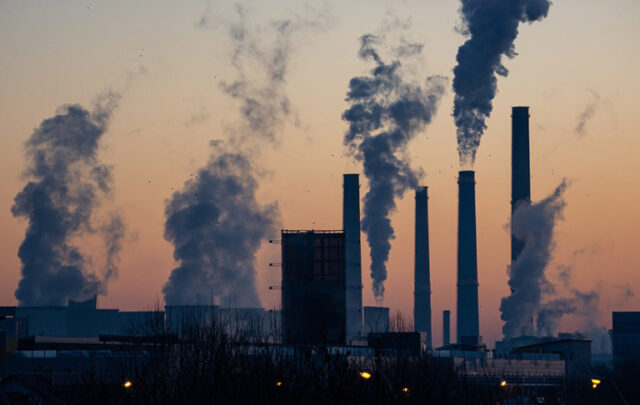Click on the headline (link) for the full text.
Many more articles are available through the Energy Bulletin homepage
Large oil spill occurs in Indian Ocean
CHISAKI WATANABE (AP), Yahoo!
A Japanese tanker spilled about 1.4 million gallons of crude oil in the eastern Indian Ocean following a collision with a cargo ship, the tanker’s operator said Tuesday. Japan’s Kyodo news service said the spill — which would be about 4,500 tons — may have been the largest ever involving a Japanese tanker.
In a separate oil spill, the Philippines said that a tanker had sunk in rough seas Friday off the coast of Guimaras Island, about 312 miles southeast of Manila. About 528,000 gallons of industrial fuel was leaking from the accident, officials said.
A central Philippine island province declared a “state of calamity” following what authorities called the country’s worst spill.
Faced with a potential “environmental catastrophe,” the Philippine coast guard called for a national mobilization of resources to mitigate the impact of the large amount of leaking fuel, “which is now considered as the biggest major oil spill that has hit our country.”
The Japanese tanker Bright Artemis spilled the oil following a collision Monday with the Amar, a smaller cargo ship, Mitsui O.S.K. Lines said in a statement. It said the accident took place when the tanker maneuvered near the Amar, which was in distress about 300 miles west of India’s Nicobar islands.
(15 Aug 2006)
Corroding sewers, not Alaskan oil pipes, are the real danger
Thomas Rooney, CEO Insituform Technologies
AS BAD AS they are, the corroding Alaskan oil pipelines in the news are far from the worst in America — though you might never know that from recent headlines, and as I found out in the media aftermath of the pipeline shutdown.
As head of a company that repairs more oil, water, and sewer pipes than any other firm, I found myself talking to print and electronic reporters from across the country who wanted to know the inside story of the Alaskan pipes. Some were just a tad disappointed when I reminded them that the pipeline was shut down because of potential problems, not actual ones. And the pipeline would probably be back in service within a few months, and crude oil prices were already headed back down…
Even the worst Alaskan oil pipe is in better shape than your average city sewer pipe, including cities like Boston, where the first sewer system was installed in the 1800s and the harbor is still recovering from decades of dumped sewage…
And it will get worse for two simple reasons. One, most sewer pipes were built 60 years ago, and only intended to last 50 years.
(15 Aug 2006)
Water shortage ‘a global problem’
Imogen Foulkes, BBC News
Rich countries face increasing water shortages, a report by conservation organisation WWF warns.
A combination of climate change and poor resource management is leading to water shortages in even the most developed countries, it says.
It urges water conservation on a global scale and asks rich states to set an example by repairing ageing water infrastructure and tackling pollution…
What is more, the report argues, wealthy countries continue to use up the water of the developing world.
The production of clothing, fruit, vegetables and even jewellery all need water. And the demand for cheap produce often encourages wasteful use of scarce water resources.
(16 Aug 2006)
Why don’t we change?
James Samuel, Yesterday’s Future
When we see how our actions effect the planet and our life support systems, why don’t we change what we do?
Derrick Jensen has this to say:
Jensen: If your experience is that your water comes from the tap and that your food comes from the grocery store then you are going to defend to the death the system that brings those to you because your life depends on that; if your experience is that your water comes from a river and that your food comes from a land base then you will defend those to the death because your life depends on them. So part of the problem is that we have become so dependent upon this system that is killing and exploiting us, it has become almost impossible for us to imagine living outside of it and it’s very difficult physically for us to live outside of it. Read more…
(16 Aug 2006)





